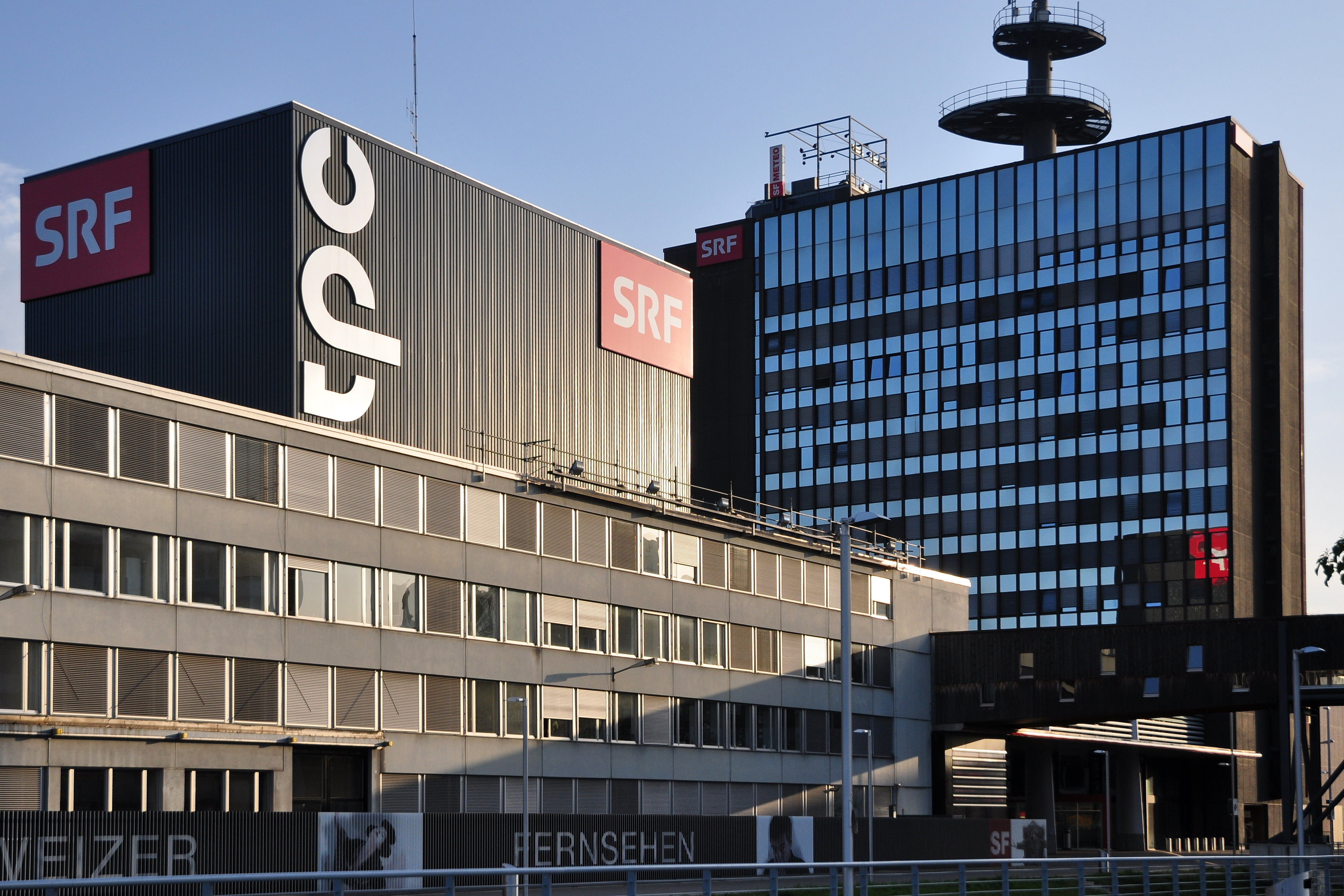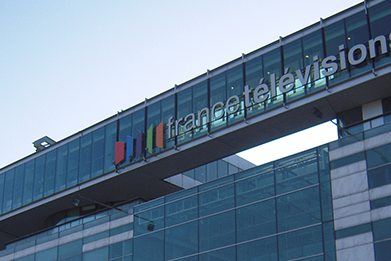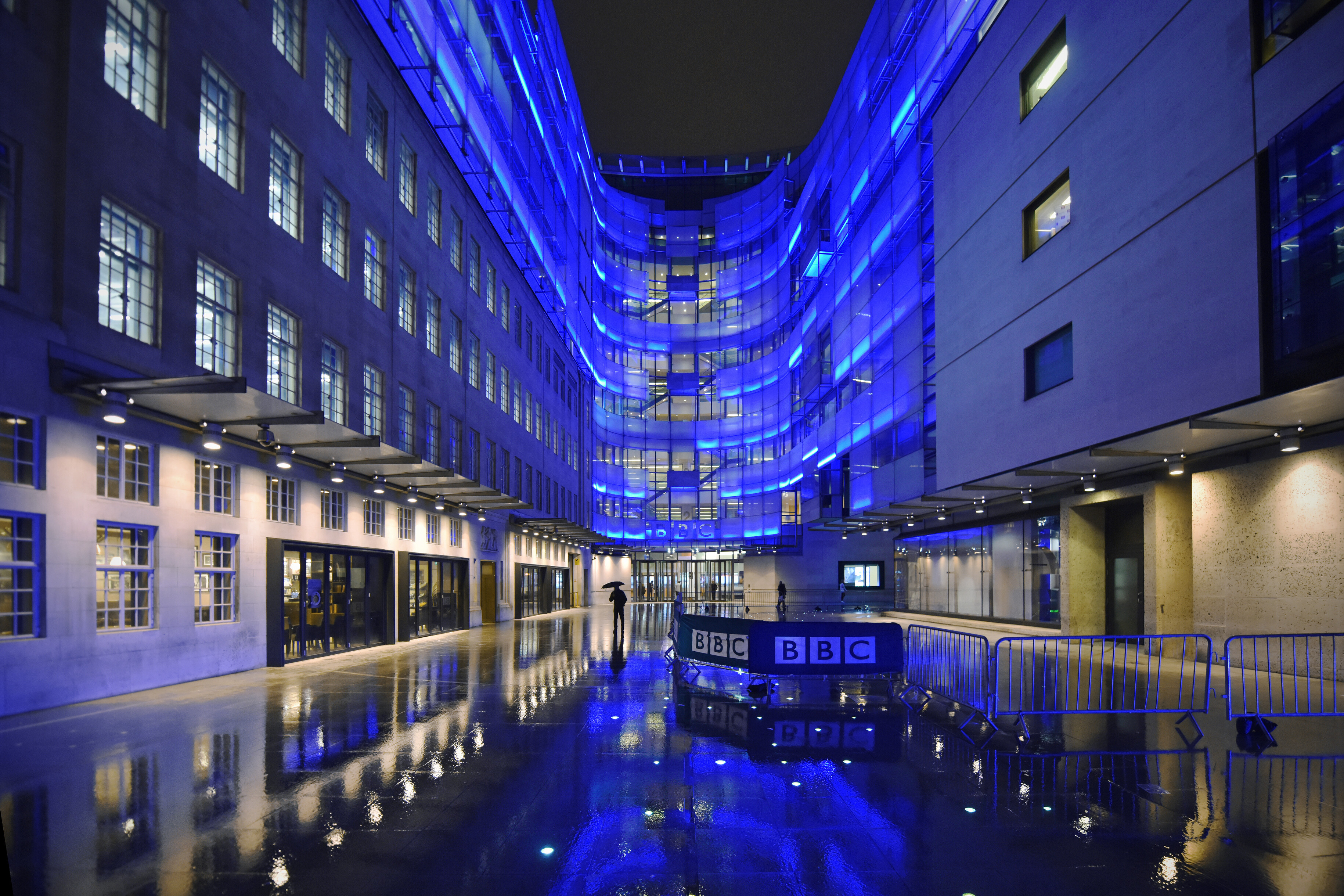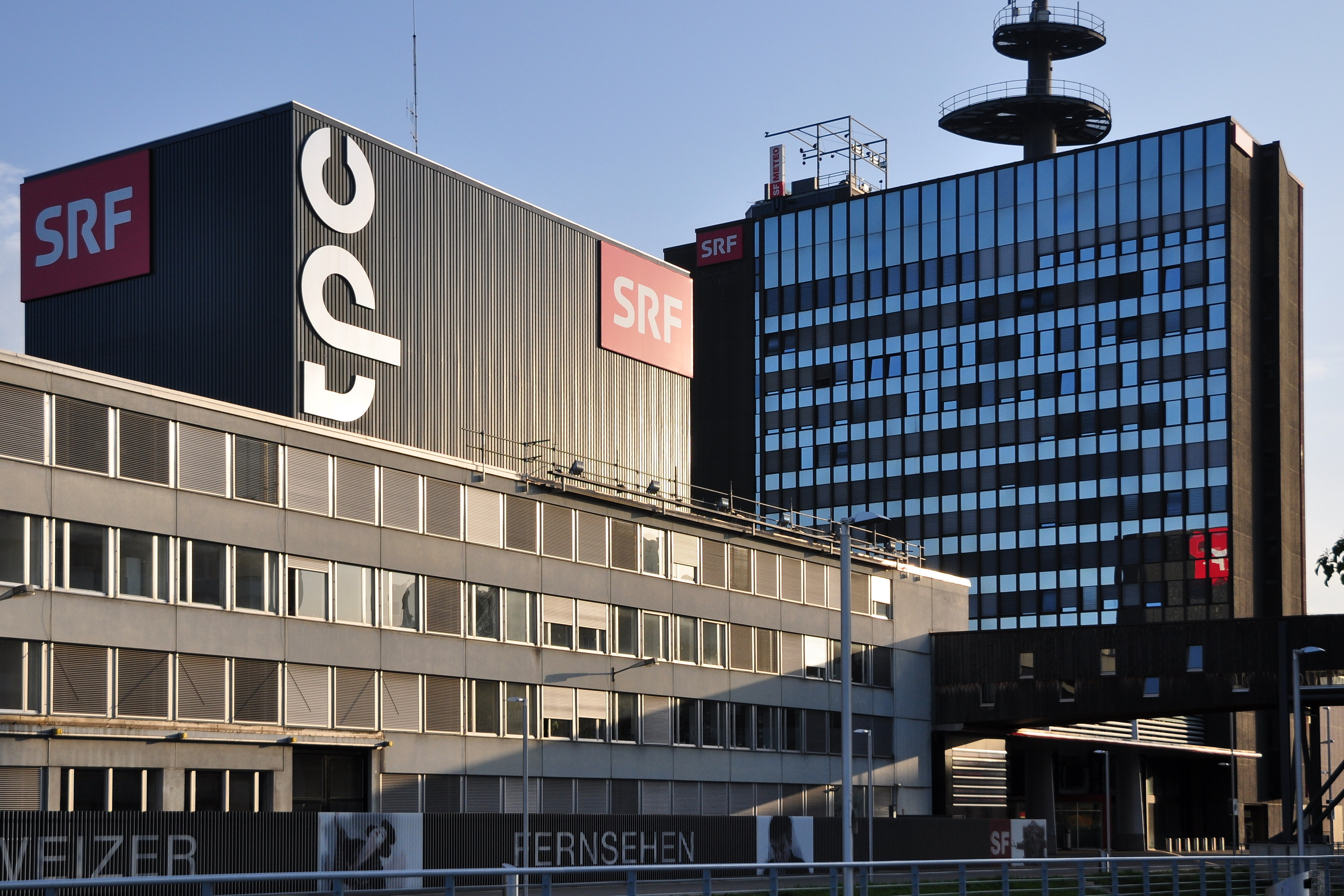INSIGHT
Public Media and Direct Democracy
20th May 2022
By Gilles Marchand, Director General of SRG SSR
“The fate of democracies will depend on their ability to produce and disseminate quality information.”

This article was originally published in Le Monde on 15 April 2022.
The debate surrounding funding for public service broadcasting is wide open and has, in particular, been covered by this newspaper. The French Presidential election campaigns have provided various different proposals, ranging from replacing the licence fee with an allocated budget to privatising the entire sector.
Clearly, this is a sensitive issue. It concerns a fragile ecosystem that has been disrupted by international pressure from streaming platforms and turned upside down by social media. It also fascinates politicians who enjoy the rush of being regulators, clients and media consumers all at the same time. Switzerland, with its direct democracy model, is an interesting testing ground as the citizens of this small multilingual and multicultural federal state get to decide regularly on the fate of the country’s public service with a vote.
Switzerland: a testing ground
As such, SRG SSR (Swiss Broadcasting Corporation) is the only public service provider in Europe to have come face to face with universal suffrage. In 2018, a referendum on abolishing all forms of public funding for it sparked fierce, unprecedented debate surrounding SRG SSR’s radio, TV and online programmes. The European broadcasting industry watched on in amazement as the battle lines were drawn between those for and against the existence of public service media. In the end, following a lot of intense campaigning, there was a convincing outcome at the polls as over 70% came out in favour of this public service and a licence fee which at the time amounted to around 360 euros a year per household!
“Promoting cultures and representing Switzerland’s linguistic regions are at the heart of [SRG SSR’s] approach.”
Yet, despite this success, a new popular initiative for amending the Swiss Federal Constitution has just been launched. This time, the proposal, whose supporters are currently trying to collect the 100,000 signatures required in order to trigger a vote, sets out cutting SRG SSR’s funding by 50%. This chronic hostility towards public service can be broken down into four main lines of thought that are separate but sometimes overlap.
Firstly, a traditional political school of thought deems that public service is rather left wing-oriented and should therefore be diminished. Another, neo-liberal political school of thought deems that public service providers should move aside in favour of markets and private actors. Then, on a more societal level, there are those who believe that public media have become state propaganda machines that need to be brought down in the name of freedom, a trend which has only been exacerbated by the COVID-19 pandemic. Finally, there is a consumerist audience whose members have nothing against the idea of public service per se but who are only happy to pay for what they consume. They are often young people who are against the idea of compulsory fees.
In the face of such criticism, SRG SSR’s response centres around the values of independence, impartiality, diversity of subject matter and diversity of perspectives. Promoting cultures and representing Switzerland’s linguistic regions are at the heart of its approach. It has earned its legitimacy by fulfilling those requirements as opposed to adopting a purely transactional approach.
Indignation and the fragmentation of society
The public service debate is crucial in fragmenting societies. Individualism, the multitude of demands from various different sectors and the increase in intransigent minorities are undermining the fabric of society. These divisions are forming in a climate in which emotion, indignation and simplification, driven by technological revolutions, are drowning out the voice of reason which is struggling to make itself heard.
Read more: Funding pressures for Swiss public media
The challenge is therefore to create connections between individuals who are less united by territories and institutions than by feelings, identities or a digital community. In a fragmented society, the danger is that the public interest will be undermined as individuals tend to base their respect for institutions on whether they meet their personal expectations or not. However, the public interest is more than the sum of individual interests. On the contrary, it involves overcoming separatism through a shared project. A society needs shared understanding, solidarity and compromise in order to transcend its internal contradictions, produce meaning and manage itself properly.
Information: common good of the 21st century
The modern form of democracy is an intention, a goal and a never-ending process of striving to achieve the common good. Yet, democracy cannot exist without information or a public space in which to process it. These two elements are the lifeblood of democracy. Yet, these days, accurate and verified information, impartial debates and solid documentation of opinion are at stake. Never has the level of distrust in official communications been so high. Never have attempts to manipulate the masses been so powerful and effective. A prime but tragic example of this can be seen in the context of the war in Ukraine.
“[Public service media’s] raison d’être is to speak to everyone and voice all opinions without choosing their audiences or messages. To do this, they need to be sustainably funded, whilst being accountable for the way that they are run.”
Clearly, given the frantic nature of digital information streams and the loss of points of reference, information is becoming a basic necessity in the 21st century. In the future, the fate of democracies will depend on their ability to produce and disseminate quality information, enabling detailed and certainly heated but informed debates.
This new democratic equation is developing at a time when the media have been bruised. The digital revolution is hitting their business model hard. As such, their funding is under the spotlight. Clear support and a system that sets out rights and obligations are now vital to ensuring the survival of products and services that are part and parcel of the European way of life and capable of withstanding the digital revolution. This is where public service media come in. Their raison d’être is to speak to everyone and voice all opinions without choosing their audiences or messages. To do this, they need to be sustainably funded, whilst being accountable for the way that they are run. From now on, the challenge of the century will be to provide democracy with quality information. That is the real discussion that needs to be had.
This piece was originally published in Le Monde.

About the author
Gilles Marchand is the Director General of Swiss public broadcaster, SRG SSR.
Related Posts
17th March 2022
France: Public media scrutinised ahead of election
Ahead of France's presidential election…
28th April 2020
Swiss public broadcaster faces financial pressures in wake of Covid-19
SRG SSR, faces financial pressures…


